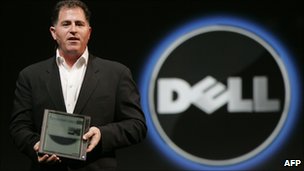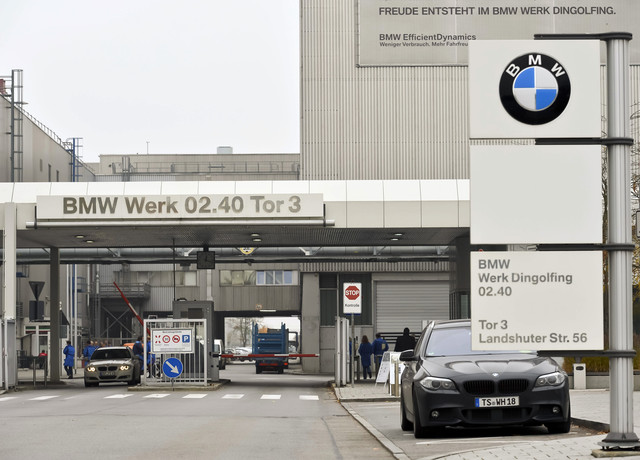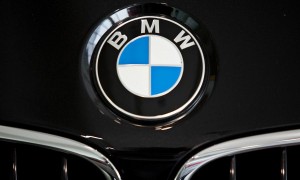
Listed companies are subjected to immense pressure to grow their business and profitability to maintain or boost their market share value. Dell’s management experienced this situational pressure when operating results of the company fell short of analysts’ expectations.
Management perceived an opportunity to misrepresent the results of the company by way of intentional misstatements so that these results would satisfy the stock market. Improper disclosures of sources of revenue/profit misled investors on the underlying operating performance of the company.
It is obvious that the lack of management’s lack of integrity and ethical values led them to believe that better operating results in subsequent quarters would allow them to get away with such improper disclosures, i.e to rationalize their behaviour. When the anticipated better results did not materialize and Intel cut its extraordinary payments, the company’s management reverted once again to improper disclosures.
Dell and its management can consider they got away lightly with a $ 100 million fine. Executives’ greed and stock market pressures for short-term performance cannot condone such management’s low levels of integrity and ethical values.
However, investors and regulators should question how the external auditors failed to detect such blatant misrepresentations?
Link:




